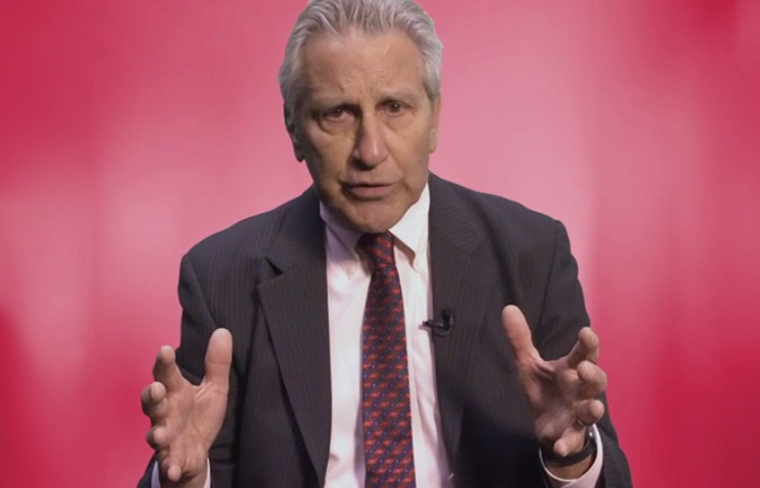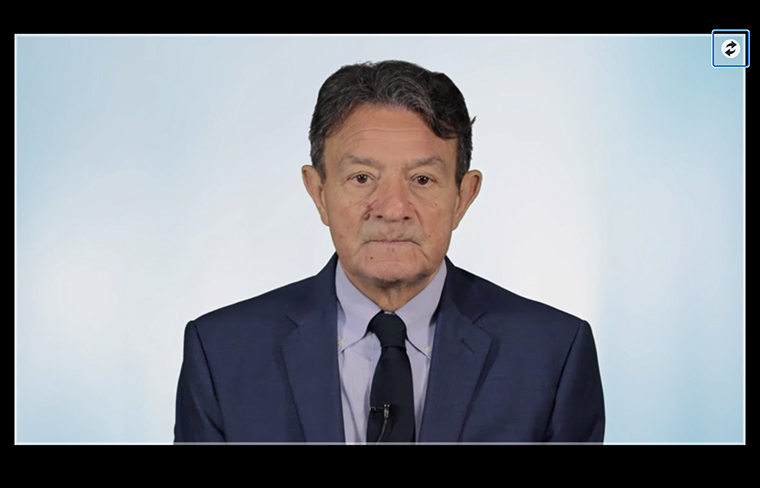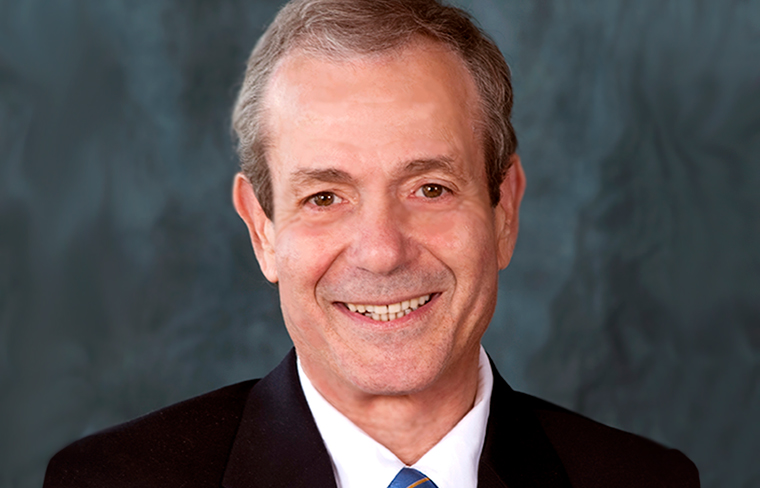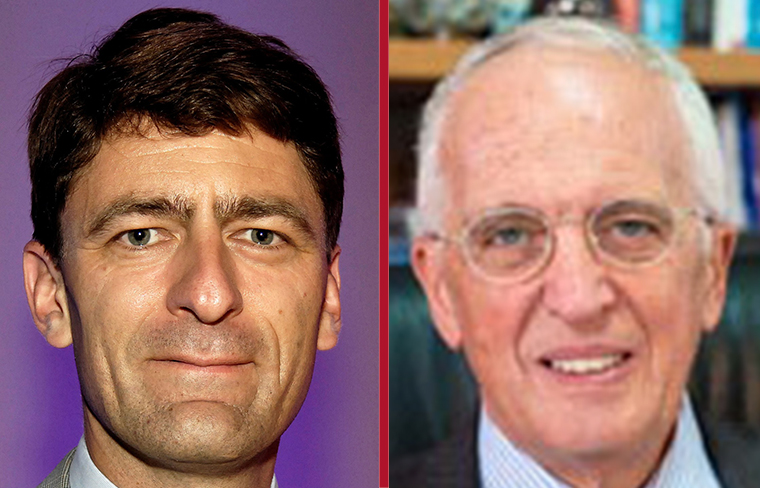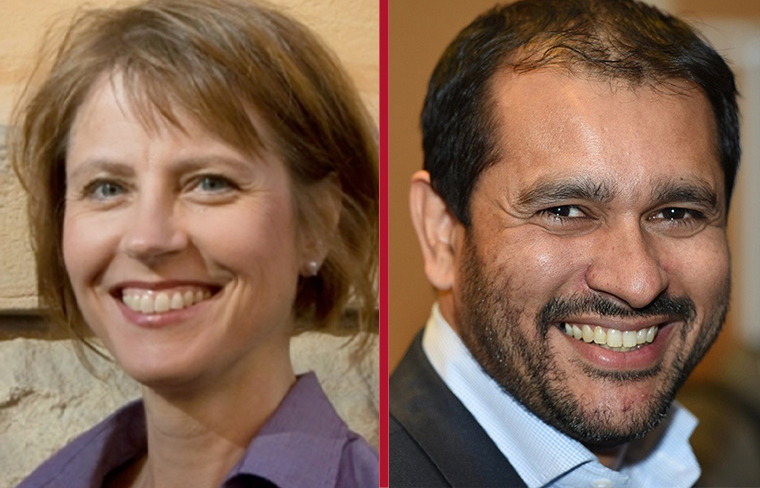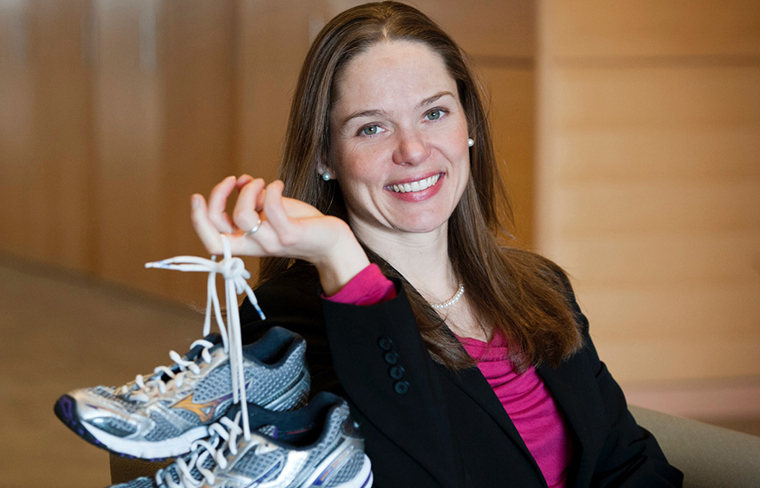-
ADA President, Medicine & Science, outlines plan for new cardiometabolic medicine subspecialty
Robert H. Eckel, MD, ADA President, Medicine & Science, worked with a colleague to design a training program for a new medical subspecialty to address the growing prevalence of obesity, metabolic syndrome, and type 2 diabetes. The program draws on components of preventive cardiology, metabolic aspects of endocrinology, hepatology, nephrology, and lifestyle and obesity medicine.
-
Banting Medalist reflects on his journey in diabetes research
From working to unravel the mysteries of insulin resistance to exploring the beneficial impact of bariatric surgery, and much more in between, Ele Ferrannini, MD, has made seminal contributions to the understanding of the pathogenesis of type 2 diabetes and its related comorbidities. For his many contributions, Dr. Ferrannini was awarded the 2020 Banting Medal…
-
A1C is a ‘critically important biomarker,’ Kelly West Award lecturer says
Elizabeth Selvin, PhD, MPH, the 2020 recipient of the Kelly West Award for Outstanding Achievement in Epidemiology, reviewed highlights from decades of epidemiological evidence supporting the use of A1C for the management and diagnosis of diabetes during her Scientific Sessions award lecture. She also addressed recent controversies and criticism of the biomarker’s limitations.
-
Unique session will require panelists to choose best medication for type 2 diabetes patient at risk of CV events
During a unique symposium Monday afternoon chaired by Yehuda Handelsman, MD, four experts will be put on the spot when they’re asked to pick the best medication to prevent a cardiovascular event in a type 2 diabetes patient with established heart disease or at high risk for heart disease. Each panelist can advocate for only…
-
Experts will analyze the potential of once-weekly insulin
During a Monday afternoon symposium, three experts will examine the potential for extending the time between insulin injections, analyzing the need for, the feasibility of, and the clinical aspects of weekly basal insulin analogs. J. Hans DeVries, MD, PhD, and Stefano Del Prato, MD, are among the panelists who will consider whether weekly basal insulin…
-
Year of discovery furthers understanding, treatment of diabetes
Three distinguished presenters reviewed some of the most significant advances in diabetes during the Year in Review symposium, one of the most popular presentations each year at the Scientific Sessions. Alan Saltiel, PhD, reviewed basic science highlights while Lora K. Heisler, PhD, focused on translational science and David M. Nathan, MD, revisited clinical science highlights…
-
Four researchers will describe the brain’s role in hypoglycemia
During a Monday afternoon symposium, four investigators will break down the brain’s role in hypoglycemia from various research angles. Therese Anderbro, PhD, Lic.Psychologist, will discuss the association between personality and psychological factors and the risk of hypoglycemia. Pratik Choudhary, MD, will present new data about scanning techniques that examine how the brain reacts to hypoglycemia.
-
Experts will provide strategies to help diabetes patients reduce risks associated with exercise
Despite overwhelming evidence of the health benefits of physical activity, exercise interventions remain challenging for clinicians and patients alike. Fortunately, research is revealing how to overcome some of these challenges and get patients moving. Four researchers, including Jane E. Yardley, PhD, will review the latest data Monday afternoon at the Scientific Sessions.
-
Behavioral science is the catalyst to make diabetes treatments work, according to ADA President, Health Care & Education
Behavior is the heart of every diabetes intervention, according to Mary de Groot, PhD, HSPP, ADA President, Health Care & Education. “As I share with my patients, medications only work if we take them internally. Devices only work if we use them. The time has come to recognize and celebrate the foundational role that behavior…
-
Refuse to be boring, Outstanding Educator advises
William H. Polonsky, PhD, CDE, ADA’s 2020 Outstanding Educator in Diabetes, told viewers of his Scientific Sessions award lecture that he would attempt to discuss boredom without being boring. “I’m not sure I can pull it off,” he said. But based on comments from virtual attendees, not only did he pull it off, he also…


